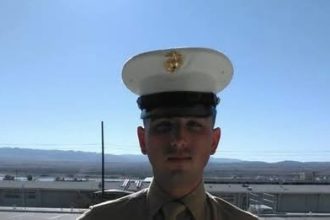The halls of the Boston Police Department (BPD) feel heavier this week as colleagues and community members mourn the loss of Patrol Detective Bruce W. Higgins Jr., who passed away on Sunday, November 2, 2025, following a courageous—and quietly fought—battle with melanoma. According to official statements, Detective Higgins remained active duty until his final days, embodying a dedication to service that refused to be defined by illness.
Higgins’ journey with the BPD began well over two decades ago when he joined as a cadet on November 9, 1998. From there he advanced through the academy and officially started his law enforcement career, stepping into more impactful assignments and making his mark on Boston’s neighborhoods. For those who worked with him, he wasn’t just an officer—they remember him as a steadfast leader, a mentor, and someone who brought conviction to the badge every single day.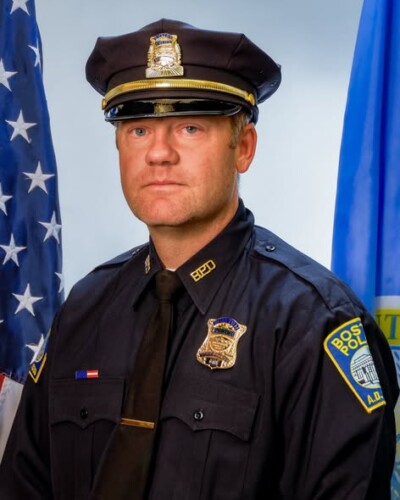
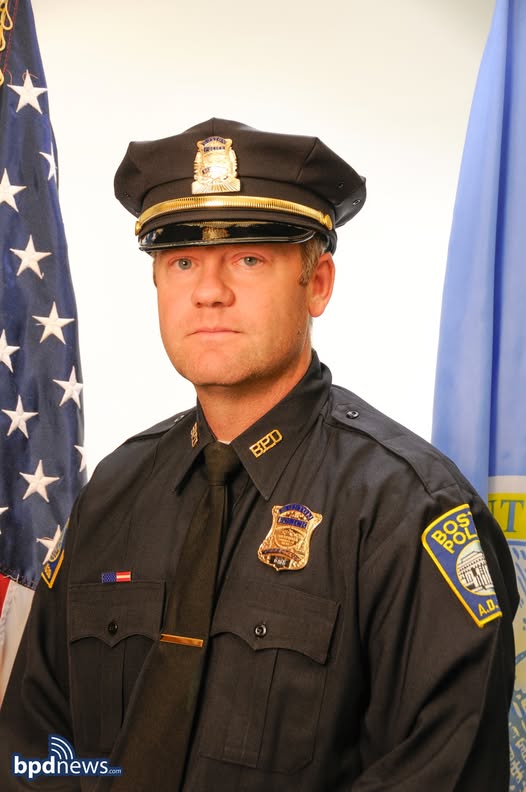
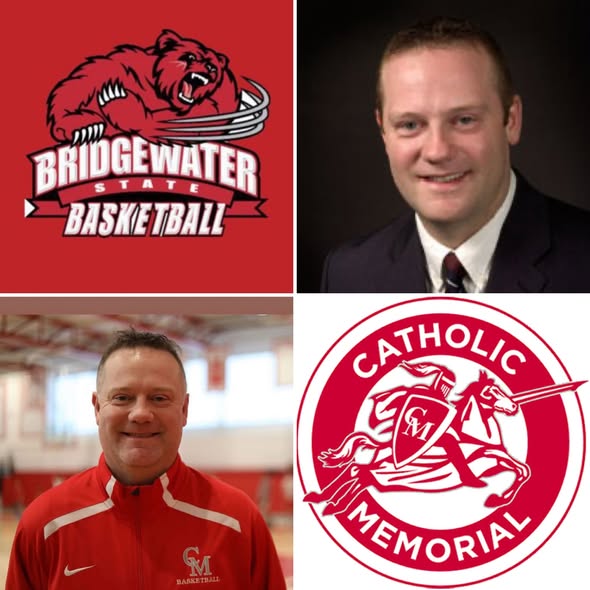
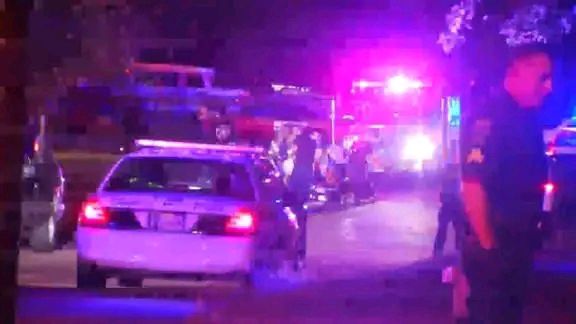
In the years that followed, Detective Higgins earned his promotion to Detective in 2012—a milestone that reflected his tenacity, his investigative skill and the respect he garnered among peers and residents alike. His service included postings in the Dorchester C‑11 district as well as the Youth Violence Strike Force (Gang Unit), where he worked relentlessly to reduce youth‑on‑youth violence and stabilize communities under pressure. His role in the Strike Force highlighted his willingness to engage the hardest assignments, always steady, always visible.
2012 was also the year Higgins received the esteemed Trooper George L. Hanna Memorial Award—the highest law‑enforcement honor in Massachusetts—recognising his bravery, leadership and extraordinary contributions to public safety. That award sits as a testament not just to a career, but to a life lived purposefully in service of others. (Our records support that his exemplary commitment earned him this recognition.) The impact of his work resonated far beyond his precinct, reminding colleagues and citizens alike that policing is as much about heart and humanity as it is about enforcement.
Off‑duty, Bruce was equally remarkable. A standout basketball player at Bridgewater State University, where he scored over 1,700 points during his college career, and a former star at Catholic Memorial High School, he brought the same discipline, teamwork and leadership to the court that he did to the streets. He later returned to his high school alma mater to coach young athletes—humble, encouraging and always present. That coaching role gave him as much pride as his badge, because it connected him directly with young people seeking direction.
But if you asked Bruce how he defined himself, he would talk first about his family. Husband to Lori, father to Madelyn and Ryan—those titles meant the world to him. His colleagues at the Boston Police Detectives Benevolent Society and across the department offer heartfelt condolences to Lori, Madelyn and Ryan, and share in the grief of losing not just a detective, but a mentor, a teammate, and a friend. His private fight with melanoma, carried with dignity and without fanfare, only deepened the admiration of those around him.
In a statement that captured both sadness and profound respect, his department shared: “Rest peacefully, Bruce Higgins Jr. Your legacy of service, leadership and love will continue to inspire all who knew you. The watch is ours now; yours is well done.” His passing leaves a void in Boston’s law‑enforcement community, yet his example of courage, humility and dedication promises to echo for years to come.
Detective Higgins’ life reminds us that the uniform represents more than enforcement—it represents relationships built, communities supported, futures changed. As the city of Boston pauses to reflect on his life, they honor a man who gave his best, quietly, every day.

